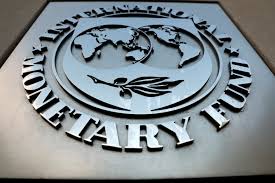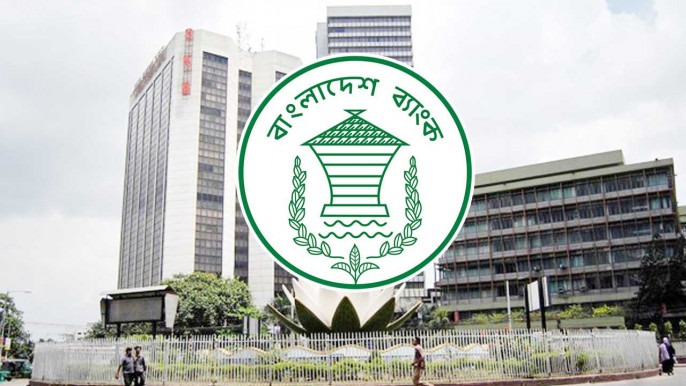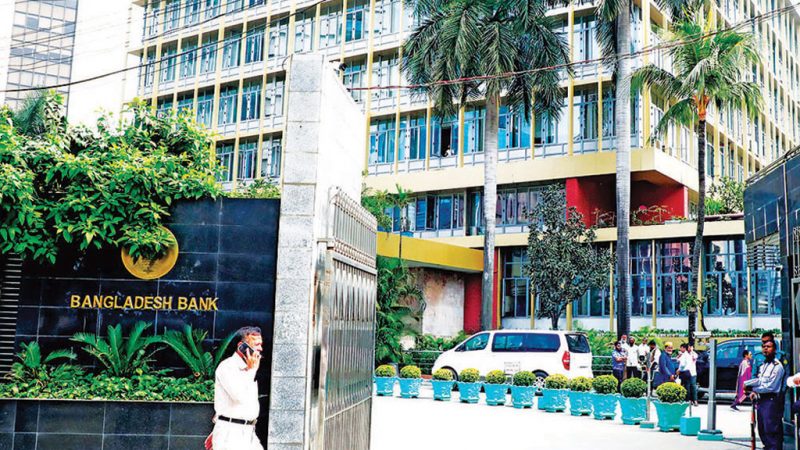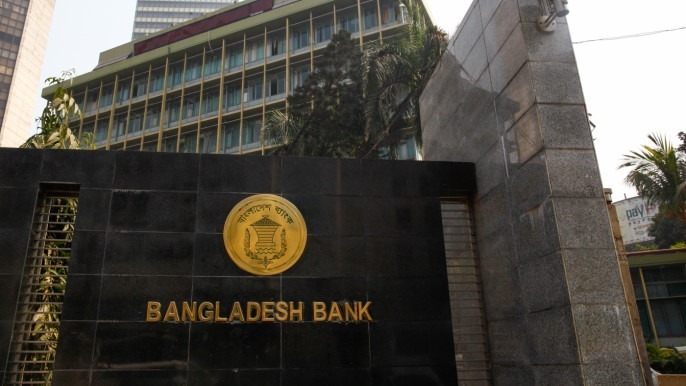BB should prevent second-round effects of inflation: IMF

The Bangladesh Bank (BB) should take measures to prevent “second-round effects” of inflation, the International Monetary Fund (IMF) said.
Thomas Helbling, deputy director for the Asia Pacific Department of the IMF, made the remarks at a press conference in Tokyo on November 1. The official transcript of the press conference was published on Tuesday.
Responding to a query from Bangladeshi journalists, Helbling said, “Even though much of the recent increase in inflation was supply-related, given earlier increases in inflation, we think it’s important for the central bank to prevent second-round effects.”
The second-round effects of inflation occur when initial price increases lead people to expect ongoing inflation, causing workers to demand higher wages and businesses to raise prices further.
This cycle of rising wages and costs perpetuates inflation, making it harder to control and potentially embedding inflation into the economy.
Helbling said inflation has been high in Bangladesh for some time, hovering at over nine percent since March 2023 despite gradual increases in the policy rate.
Inflation rose to 10.87 percent in October amid soaring food prices, especially staples like rice and vegetables.
“In terms of monetary policy, yes, monetary policy tightening helps and is needed. So, the recent increase in the repo rate was a step in the right direction,” he said.
In its recent economic outlook on the Asia-Pacific region, the IMF forecast that inflation would increase further in the current fiscal year.
Labour unrest and devastating floods, which meant disruption on the economic side, particularly on the supply side, were the major reasons for the upward revision, Helbling said.
Asked whether it is right for the interim government to seek budgetary support from development partners and what effects it may have on the economy, Helbling said economic unrest and subsequent disruptions also caused disruptions on the balance of payments side, particularly for external financing.
“So, the budget loans provide some breathing space. They also provide the interim government with an opportunity to formulate policy reforms and gain time,” Helbling said.
“In particular, on the one hand, fiscal policy should support monetary policy and support external stability by tightening overall. At the same time, they need to rebalance fiscal policy to maintain space to support the poor and support development.”
Source: The Daily Star | 14 November 2024






